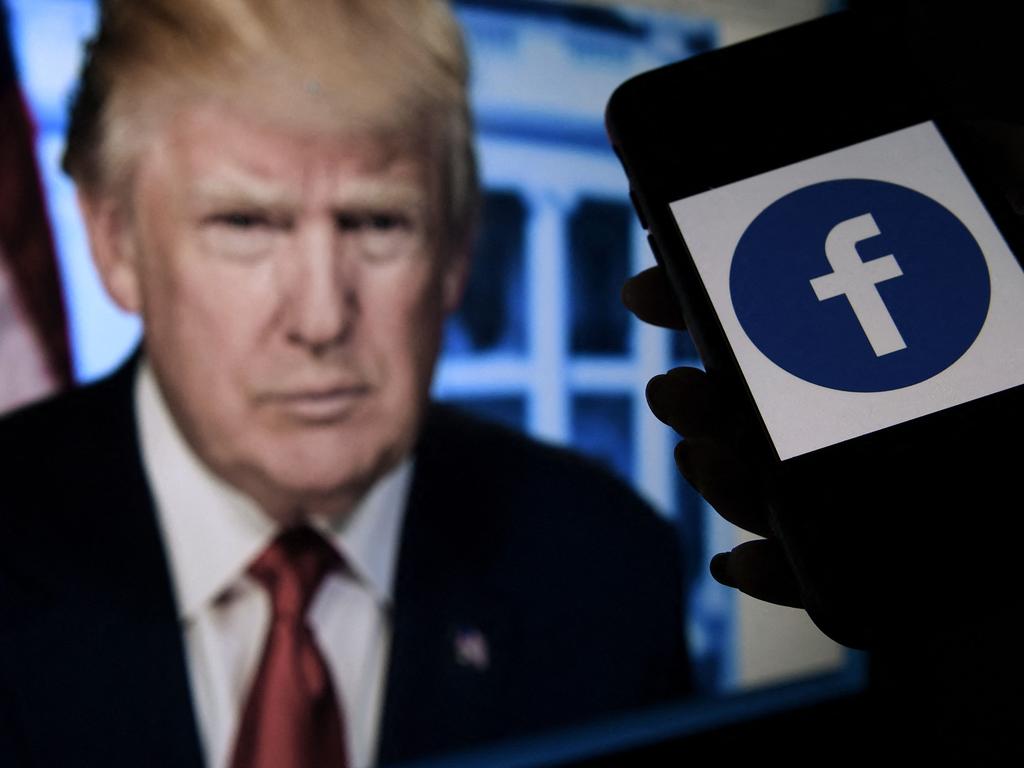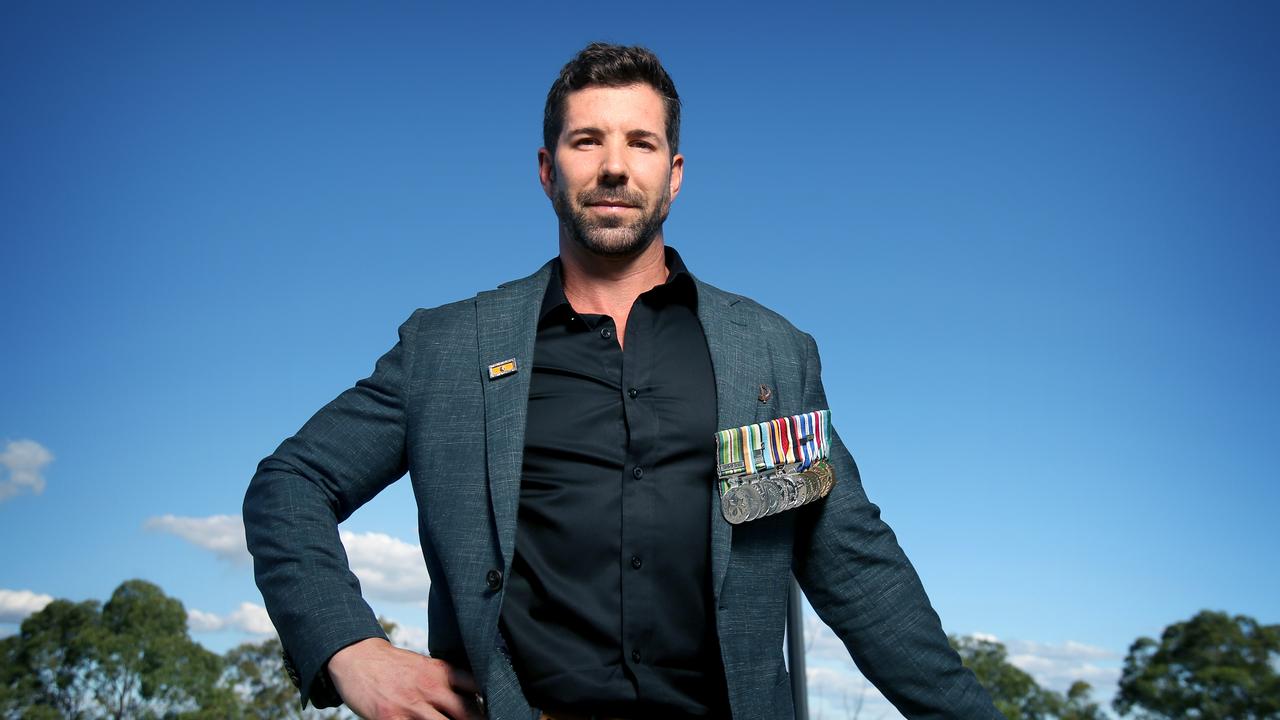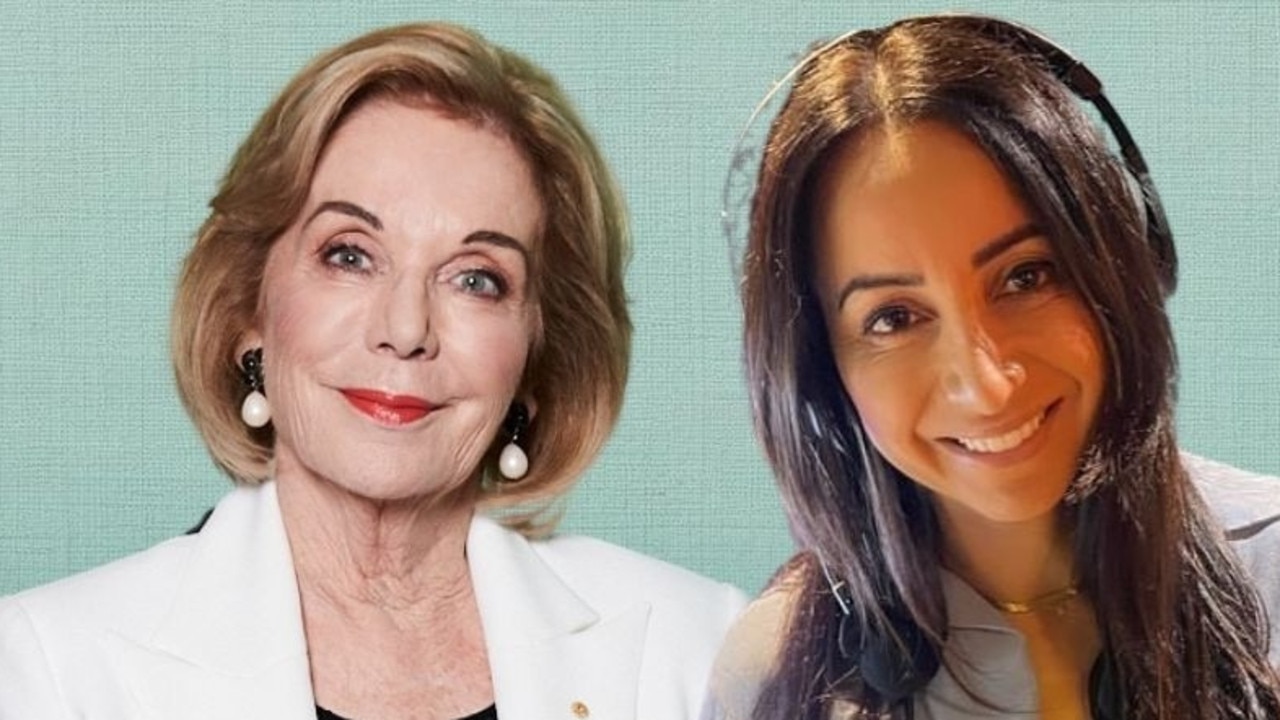The ABC, not Facebook, should be our safe internet forum
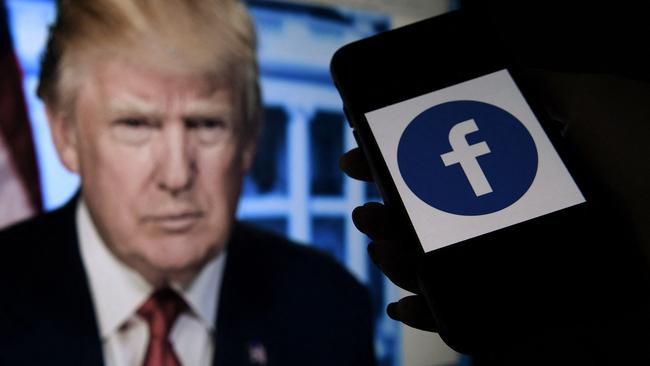
There is a growing bipartisan consensus that the Big Tech platforms are not acting in the public interest. The problem is this means completely different things to different people.
Last week’s confused ruling by Facebook’s internal oversight board over the platform’s permanent ban on Donald Trump highlights those divisions without providing anything approaching a credible path through.
For Trump supporters it green-lights an assault on free speech by refusing to overturn Facebook’s decision to ban their hero from the platform following the assault on the US Capitol in January.
For those of us who think platforms should be accountable for the impact of their conduct with enforceable rules on platform engagement, the ruling smacks of fence-sitting that kicks ultimate accountability down the road, while the free-for-all continues unabated.
Both sides are left to ponder what a bunch of internally appointed so-called “experts” are doing passing judgment on the operations of this global corporation and what impact the decision will have without any enforcement powers anyway.
Ultimately Facebook’s objective is to maximise the number of people on its platform and — critically — to engage them online for as long as possible so as to extract as much behavioural data as they can in order for it to be refined and repurposed into targeted advertising.
This commercial imperative has been shown to favour content that is intemperate and divisive, privileging emotion over facts and promoting the most outrageous over the civil.
This leaves Facebook attempting to constantly trade off its business model to maximise engagement with its civic duty to create safe spaces, something it is only compelled to do in the most egregious of circumstances.
In most cases it turns a blind eye.
The Centre for Responsible Technology believes society needs to take a serious look at building different models of online connection that are not driven by these imperatives. We think our public digital spaces should operate like our real-world spaces — with clearly understood norms and rules that create safe civic spaces, supported by algorithms serving a public rather than commercial interests.
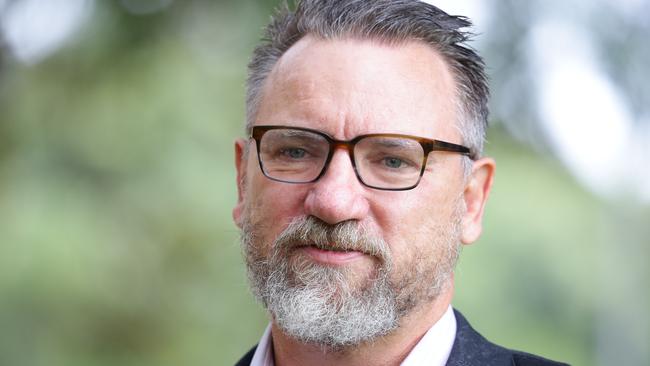
That’s why we have proposed a fundamental rethink of the ABC and the role it plays.
Under our proposal, the ABC would build a “civic network” around its content and local communities and over time, open this platform up to other accredited media organisations, local and community outlets, specialist journals, even large media companies like News Corp.
It may sound pie in the sky, but it is what we have always done: adapt technology to serve the public interest through legislation, regulation and public investment.
Indeed, the genesis of our national broadcaster was the disruption of radio, when the-then private sector could not manage spectrum access nor deliver compelling content to drive the take-up of wirelesses. At the urging of manufacturers, a conservative government established an independent public-interest power to embed the technology.
Ninety years on, the ABC has become a bit like Facebook, loved and loathed depending on one’s political outlook. But it doesn’t need to be like this. Harnessing and building its existing network of users and opening it up to other content producers could create an alternative civic network that serves all Australians.
Citizen users could consume content from multiple sources, create their own community hubs for sport, faith and cultural activities, and participate in decision-making at all levels of government.
Content moderation could be an important civic role, recognised with status and respect.
As for elected officials, whether they were the US President or the local mayor, they would be subject to clear rules of engagement, co-designed with the public to promote civility and genuine debate that reflect our liberal democratic values. Just like it does in the real world.
So many of the issues we confront around the power of Big Tech are failures of imagination. The oversight’s board decision is part of that failure. But so is our reaction. Because it’s not these self-appointed custodians of the privatised public square that are the problem. It’s the square itself.
Peter Lewis is the Director of the Centre for Responsible Technology.


